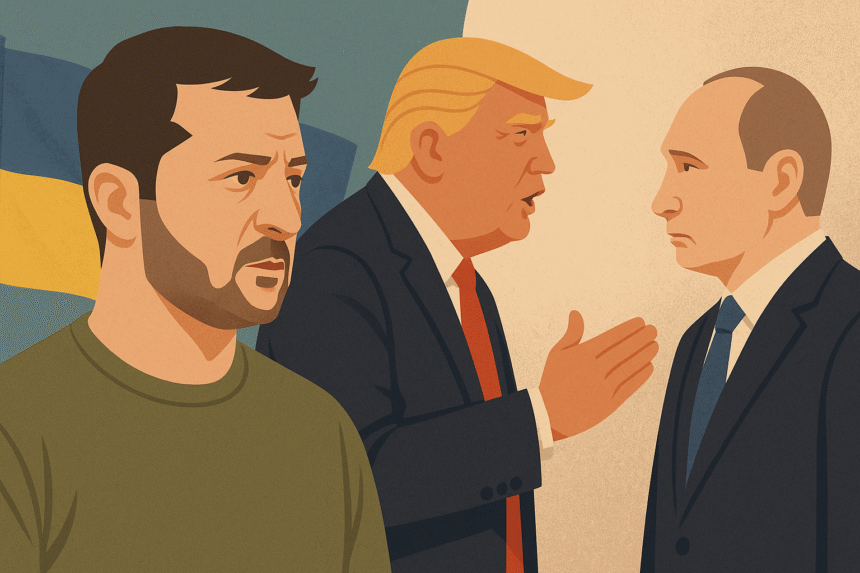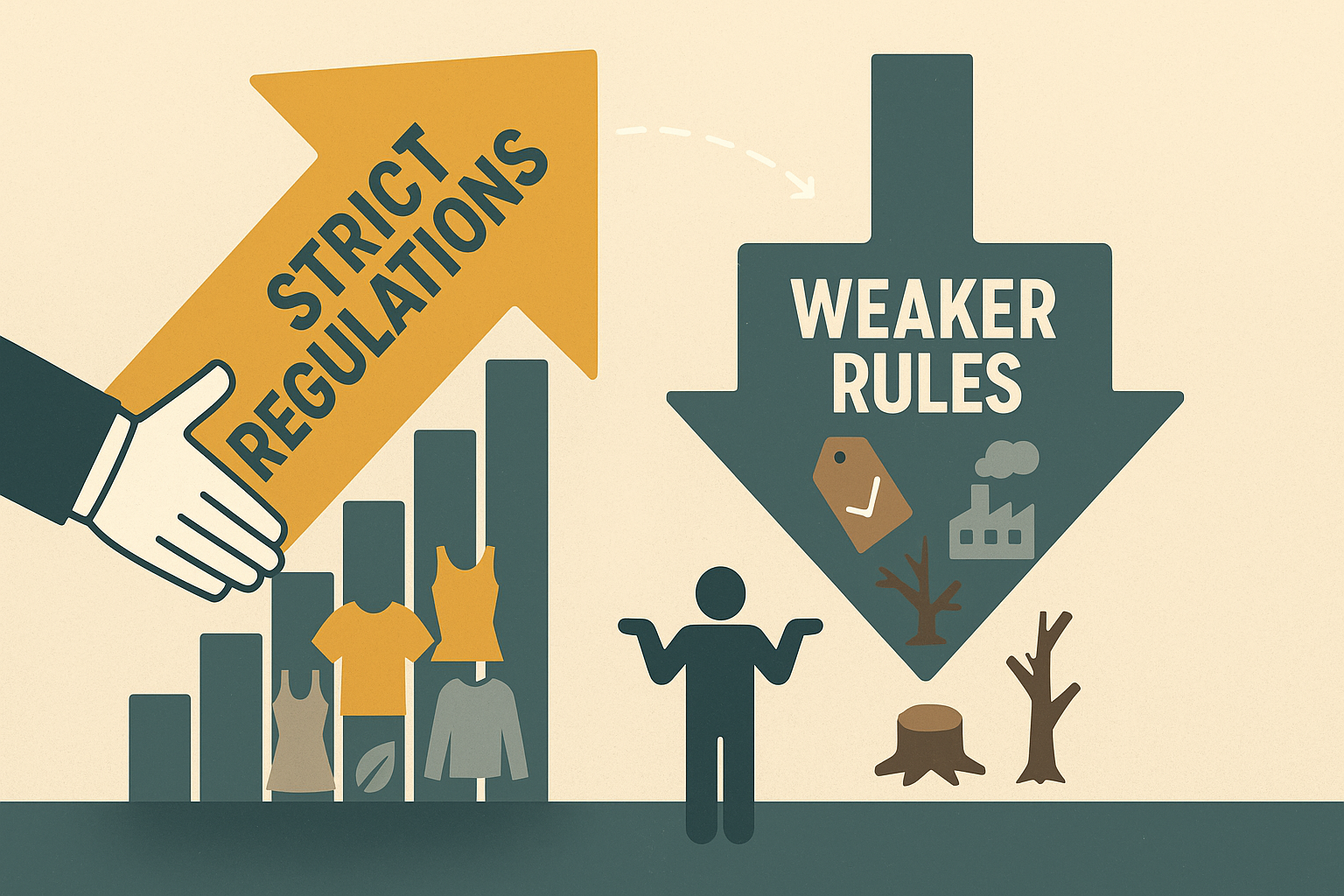Ukrainian President Volodymyr Zelenskyy faces the most intense diplomatic and political test of his six-year presidency as US President Donald Trump prepares to meet Russian President Vladimir Putin in Alaska this Friday. The meeting — arranged after talks between Putin and Trump’s envoy Steve Witkoff in Moscow — will take place without Ukraine’s participation, raising fears in Kyiv of a deal being struck over its future without its consent.
Confusion Over Ceasefire Proposals
According to officials briefed on the matter, Trump relayed that Putin might accept a ceasefire if Ukraine withdrew from the eastern Donetsk region. Discussions also touched on Kherson and Zaporizhzhia, regions partially occupied by Russia but claimed in its constitution. Trump suggested “land swaps,” though Ukraine holds little Russian territory to trade and considers any ceding of land — especially areas not currently under Russian control — a constitutional red line.
Moscow has since reiterated that it will not relinquish any of these regions, citing the Russian constitution’s protection of its “territorial integrity.”
Diplomatic Isolation and Pressure
Kyiv and its European allies are scrambling to influence talks from which they are excluded, seeking to avoid either being forced into an unsustainable agreement or facing US criticism for resisting one. Analysts warn this is a “moment of maximum pressure,” with Zelenskyy’s position weakened both domestically and militarily.
Domestic Political Crisis
Zelenskyy’s vulnerability has been compounded by a recent political scandal. In late June, he backed legislation that would have placed the National Anti-corruption Bureau of Ukraine (NABU) and the Special Anti-corruption Prosecutor’s Office (SAPO) under presidential control, amid investigations into close allies. The move sparked Ukraine’s first street protests since the 2022 Russian invasion and drew sharp rebukes from the EU, which warned of potential suspension of support.
Under pressure, Zelenskyy reversed course within a week, restoring the agencies’ independence. However, the damage to his reformist image was significant, with polling from the Kyiv International Institute of Sociology showing his public trust rating falling from 65% in June to 58% in July.
Military Strains on the Front
On the battlefield, Ukraine is facing one of its toughest periods in the past year. Russian forces have made rapid gains near Dobropillia in Donetsk, advancing 15km in a few days. While analysts do not expect an imminent collapse of Ukraine’s defensive lines, the advances could be used by Moscow to portray Ukraine as desperate for a ceasefire.
Zelenskyy has downplayed the breaches, citing higher Russian casualty rates, but online criticism from Ukrainian military figures and volunteers suggests growing frustration over ignored warnings about weakened defenses.
Managing Relations with Washington
Relations between Trump and Zelenskyy have been strained since a public dispute earlier this year. Trump has openly disagreed with Ukraine’s stance on the war, while Zelenskyy has sought to warn the US against accepting what he describes as Putin’s “deceptions.”
Zelenskyy has set clear conditions for any peace deal: no territorial concessions, Ukraine’s full participation in negotiations, and binding security guarantees. European leaders, including those of Germany, France, and the UK, have publicly backed these red lines, aiming to strengthen his position ahead of the Alaska talks.
Concerns Over the Alaska Meeting
The White House has described the summit as a “listening exercise” and Trump as a “feel-out meeting,” but Ukrainian officials remain concerned it could lay the groundwork for a settlement shaped without Kyiv’s input. Senior Ukrainian sources fear Putin will attempt to convince Trump that Zelenskyy — rather than Russia — is the obstacle to peace.
With political authority weakened, military lines under strain, and critical negotiations happening without him, Zelenskyy’s ability to defend Ukraine’s interests may be tested like never before.








